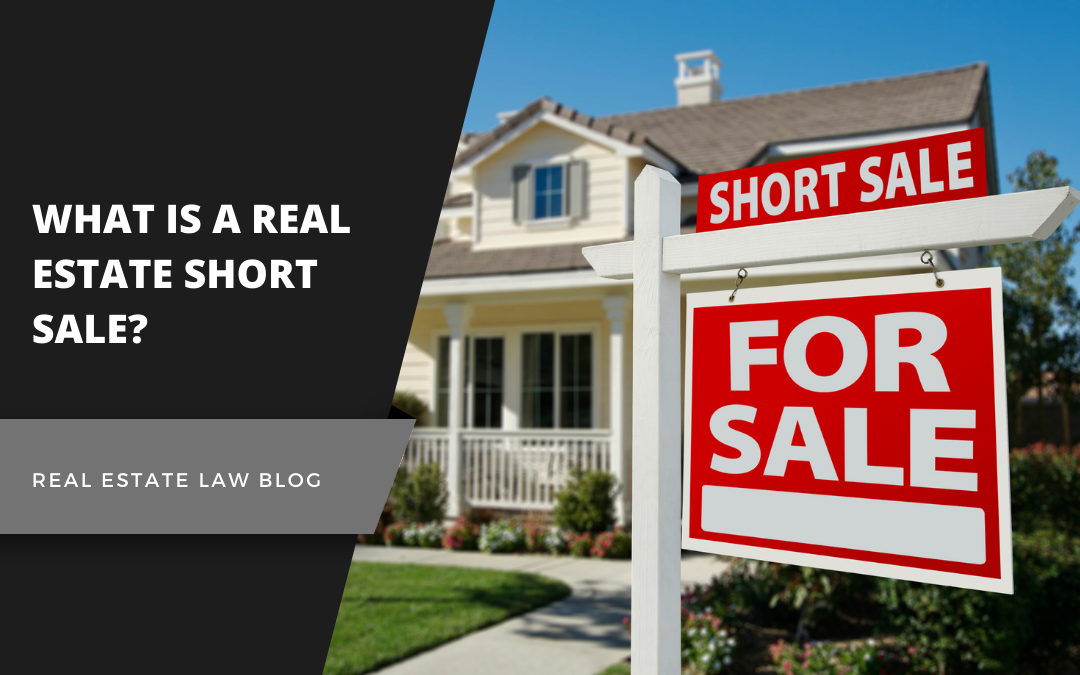Purchasing a home is often the biggest financial investment in an individual’s lifetime. A house becomes a home, a place of sanctuary, rest, and peace.
When a person purchases a home with a mortgage loan, the lender goes through an extensive loan application and underwriting process to ensure the potential homeowner is able to repay the loan.
As long as there is a mortgage on the property, the loan is secured by the home, meaning the lender can take ownership of the home if the homeowner defaults on their loan obligation.
Short Sale
The quickest definition of a short sale is the sale of a home for less than is owed to the mortgage company. This typically happens when the homeowner is behind on payments and is not able to comply with payment arrangements or qualify for a loan modification.
While a short sale may avoid foreclosure, it means that the homeowner has to vacate their home. This type of home sale must be approved by the mortgage lender or servicer. However, just because the lender states they will be satisfied with a less than full payment of the loan, does not necessarily mean the homeowner is without financial obligation.


